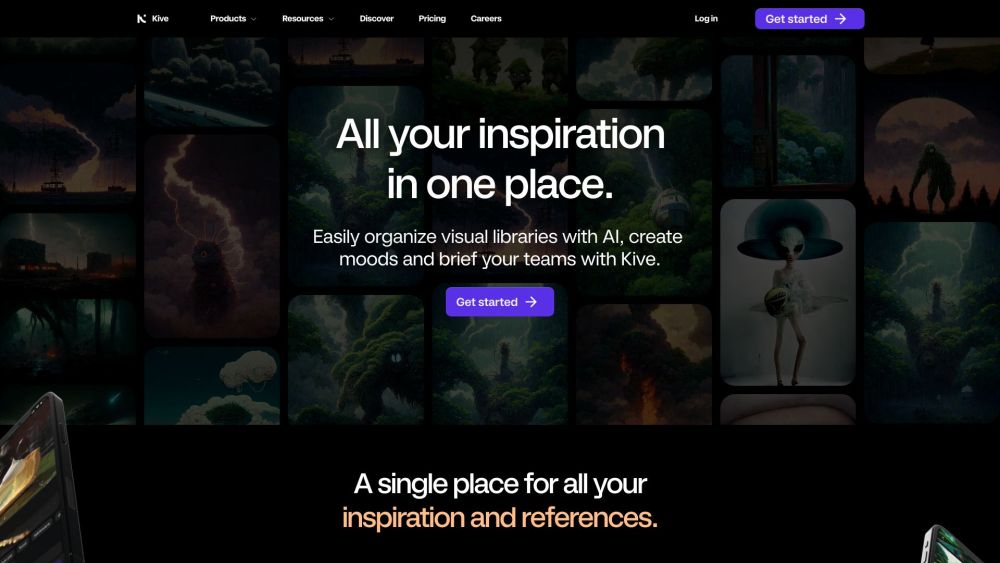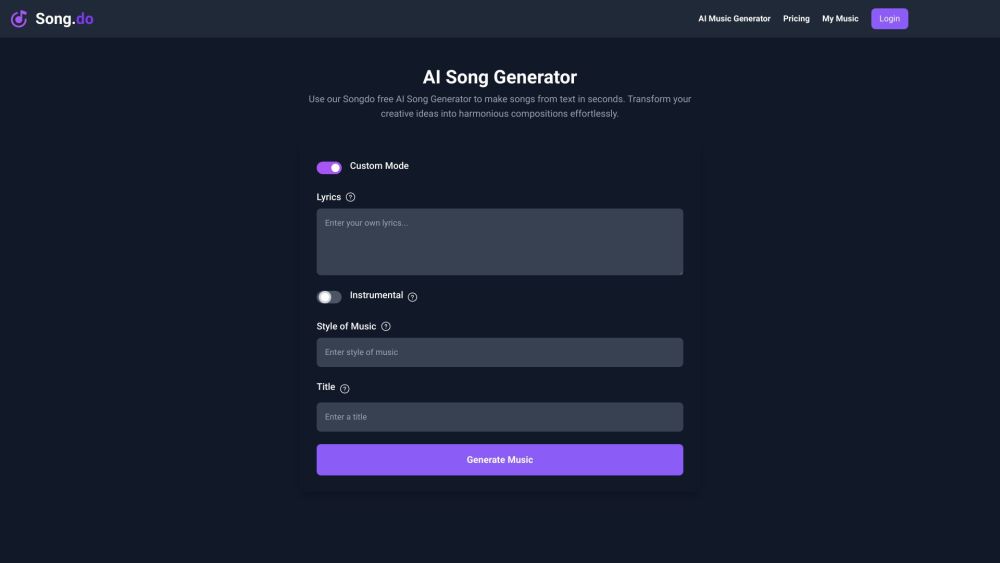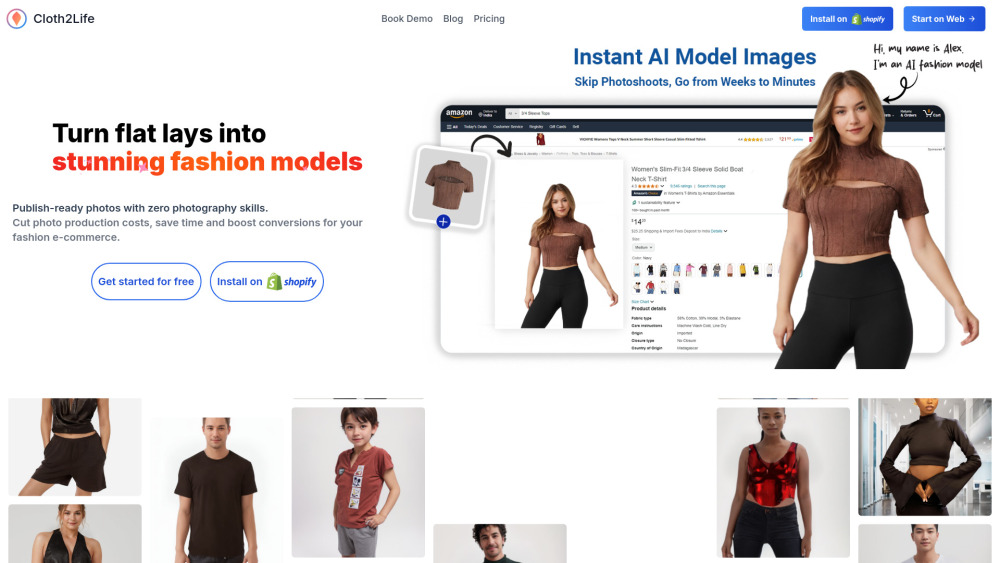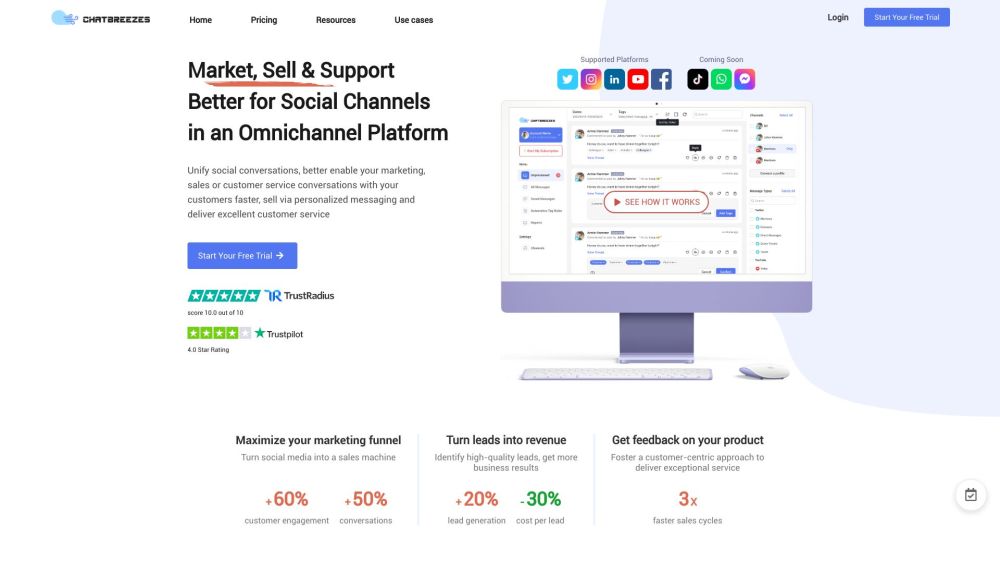**Top Stories This Week in AI**
**Tesla Optimus Humanoid Robot Captivates Audiences at World AI Conference**
Tesla's latest Optimus humanoid robot, the Gen 2 model, made a significant impact at the World Artificial Intelligence Conference (WAIC) in Shanghai, drawing large crowds despite being showcased inside a glass enclosure. Initially revealed in December, this iteration features enhanced motion and functionality capabilities, allowing it to perform everyday tasks like folding laundry. Tesla announced on Weibo, a popular Chinese social platform, that attendees could "witness the re-evolution of humanoid robots." Although no live demonstrations occurred, the curious public lined up to capture selfies with this state-of-the-art technology. For more details on Optimus Gen 2 and Tesla's vision for humanoid robotics, delve into the expansive world of AI advancements.
**Chinese Tech Giants Push for Practical AI Uses at WAIC**
During a panel discussion at the WAIC, Baidu CEO Robin Li raised concerns about the oversaturation of AI language models in China, suggesting that the focus has shifted from developing practical applications to engaging in cutthroat competition. Following the emergence of ChatGPT, numerous Chinese technology companies raced to create their own models to fill the void left by OpenAI's restrictions. Baidu, for instance, developed ERNIE, touting it as comparable to ChatGPT. Li argued that this influx of models has hindered innovation, leading developers to prioritize outperforming competitors rather than producing meaningful AI solutions. Insights from the WAIC shed light on the evolving landscape of artificial intelligence in China.
**New York Times Battles OpenAI Over Access to Journalistic Materials**
The ongoing copyright dispute between the New York Times and OpenAI has escalated as the AI firm seeks access to journalist notes and internal memos during the discovery phase. The New York Times filed a lawsuit against OpenAI in December 2023, alleging that ChatGPT was trained on its articles without consent, enabling the model to produce "near-verbatim excerpts" from their content. As the legal proceedings unfold, OpenAI argues that the requested materials are essential for its defense; however, the Times is contesting the breadth of this request, labeling it “overbroad and unduly burdensome” and irrelevant to the claims at hand. This high-profile legal battle encapsulates the ongoing tension between traditional media and emerging AI technologies.
**Elon Musk Announces Upcoming Releases of Grok Language Model**
Elon Musk's xAI startup is gearing up to launch Grok 2, the latest version of its language model, with a debut slated for August. Musk confirmed this exciting development through a post on X (formerly Twitter), describing Grok 2 as a "giant improvement" over previous iterations. Early indicators suggest it will outperform existing AI models across various metrics. Following this launch, Musk intends to unveil Grok 3 by year's end, indicating a robust plan to compete aggressively in the AI landscape. As details continue to emerge about Grok, the AI community is eager to see how these advancements will influence the market.
**OpenAI's 2023 Hack Kept Under Wraps, No Customer Data Compromised**
In April 2023, OpenAI experienced a security breach that involved the theft of confidential technological information, yet the incident went unreported to the public. Hackers gained access to an online forum where employees discussed company developments, but no critical systems or training data were affected. The company's board decided against disclosure, informing only staff members, as no customer or partner data was involved. Interestingly, OpenAI did not report the breach to law enforcement, believing it did not pose a national security threat, given that the perpetrator acted independently and without ties to any nation-state. This incident raises important questions about cybersecurity practices in the rapidly evolving AI sector.





